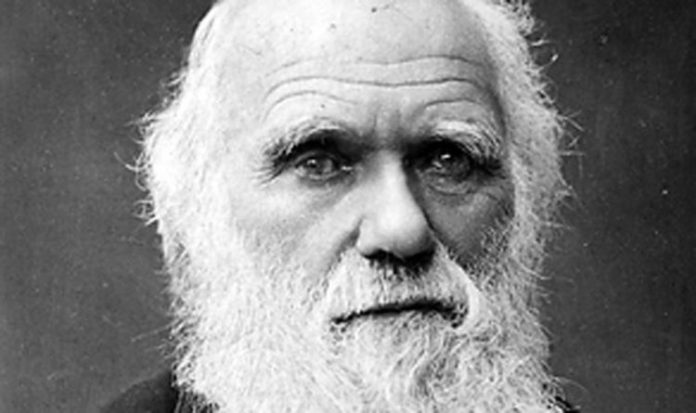Staff – who assumed the postcard-size notebooks had been mis-filed in library archives in 2000 – alerted police last month.
The books were kept in a bespoke blue box the size of a paperback and one held an 1837 seminal sketch of the Tree of Life theory by Darwin, who is known as the “father of evolution”.
Given the irreplaceable status of the items, it is difficult to estimate their value but it would probably run into millions of pounds, library chiefs said.
They were taken out of storage to be photographed, which was done by November 2000, but a check two months later did not find the box in its right place in the 130 miles of shelving.
Librarian Dr Jessica Gardner said previous bosses “believed that what had happened was that these had been mis-shelved.
They took forward extensive searches over the years. We have completely reviewed as a new team what happened and come to a conclusion that that’s not a sufficient position.”
Building work was under way when the books were lost and it is “likely that theft occurred. I’m heartbroken,” she added.
In 1837, naturalist Darwin wrote in one of the red leather books “I think”, then drew a spindly tree. He was 28 and back in London from the Galapagos Islands, working on scientific ideas inspired by his trip on HMS Beagle.
Jim Secord, emeritus professor of history and philosophy of science at Cambridge, said: “These notebooks really are Darwin’s attempt to pose to himself the question about where do species come from?”
In 1859, Darwin unveiled a more developed Tree of Life in his ground-breaking work On The Origin Of Species – the theory that all life develops from common ancestors.
Dr Gardner added: “We won’t stop looking.” But it will take five years to finish searching 10 million items.
The two Darwin notebooks had been digitised and the content is available online. An appeal for information has been launched.
Dr Mark Purcell, of the university’s research collections, said they could not be sold on the open market and may reappear, as items stolen from Lambeth Palace in the Second World War did more than 40 years later after “a deathbed crisis of conscience”.
Anyone with information can email ManuscriptAppeal@lib.cam.ac.uk.







